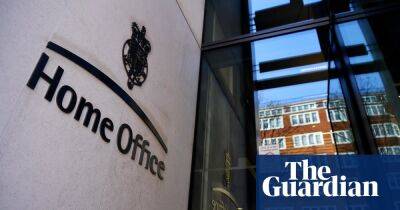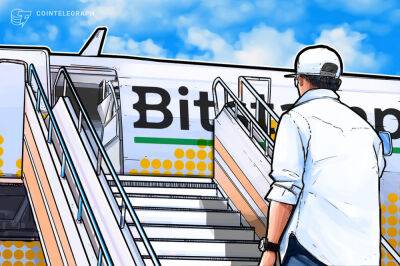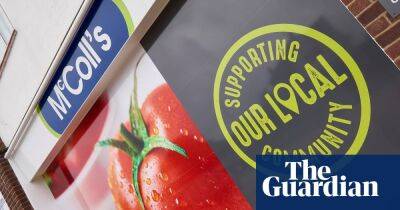I can’t afford a London flat but should I buy elsewhere and rent it out?
Q I’m in my early 20s and just about to finish university. Through university scholarships and working, I have been able to save about £20,000.
I want to buy a property once I start working (I’m due to start earning £30,000 from September) but know I won’t be able to afford somewhere in London on a single salary for many years, even with all that I’ve saved. I’m reluctant to buy into a shared-ownership scheme as I have concerns about being priced out of buying the rest of the property as property prices continue to rise, alongside the rent that I would have to pay in addition the mortgage. Therefore, I was considering buying a flat in another city (such as Nottingham, Glasgow or Birmingham), so that I could rent it out while still living at home and continue to save for my next property.
Are there any drawbacks to this? I am worried about taking on the responsibility of renting out a property but, equally, do not want my savings to devalue in my account as inflation and property prices continue to rise. I am unsure how long it would be before I would be able to afford a nice flat in London that didn’t have more than an hour of commuting time. TA
A Yes, there are drawbacks. The main one is that buying a property to rent out – rather than a home to live in – means that you won’t qualify for first-time buyer relief from stamp duty land tax (SDLT). The makes the first £300,000 of the purchase price of a property costing up to £500,000 SDLT-free, with the amount over £300,000 charged at 5%. It will also mean that if you go on to buy a property for yourself without selling the rental property, you will have to pay SDLT at the higher rate (standard rate plus three percentage points) on the purchase price of your home.
Then there’s
Read more on theguardian.com
















